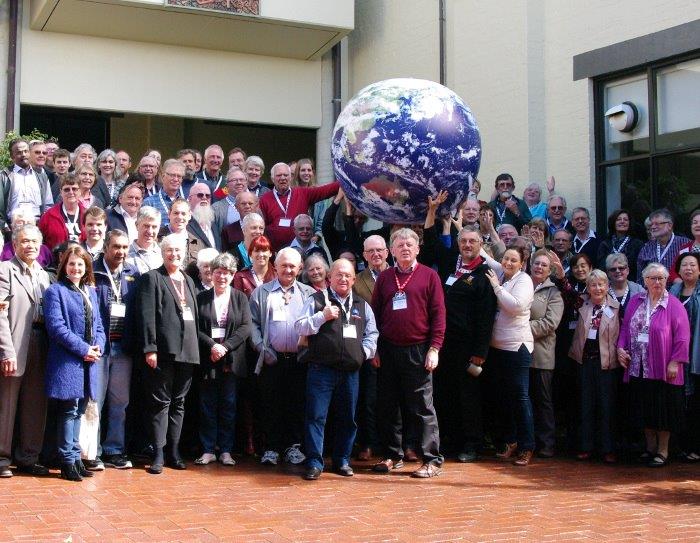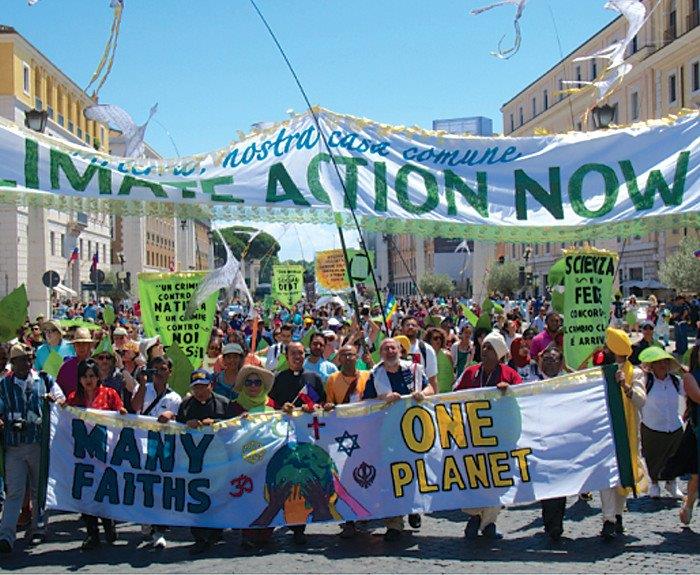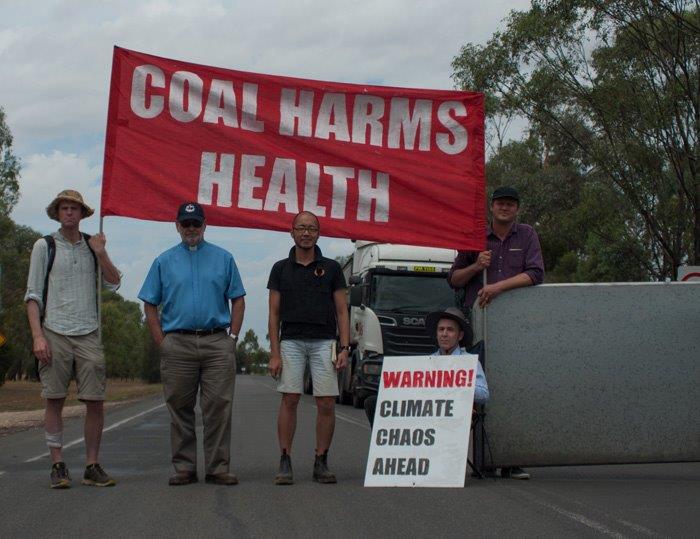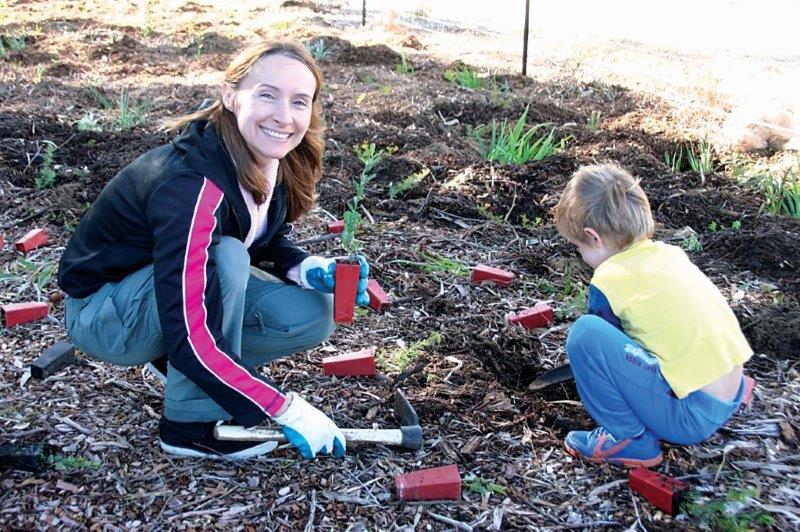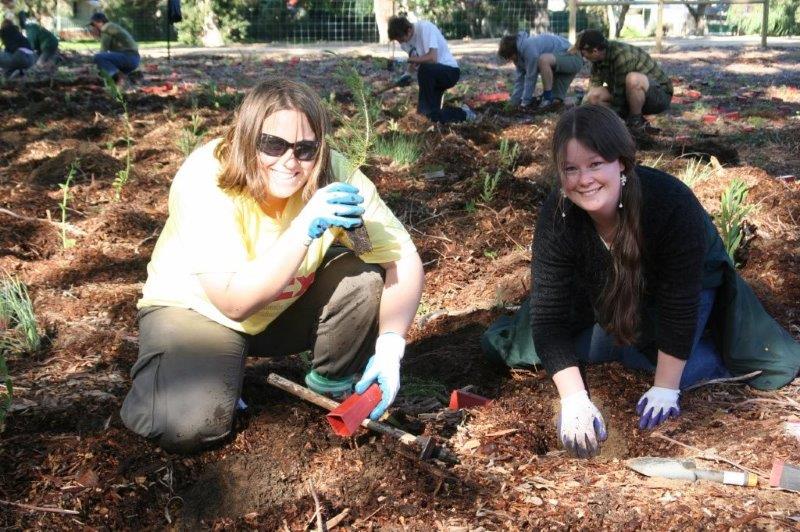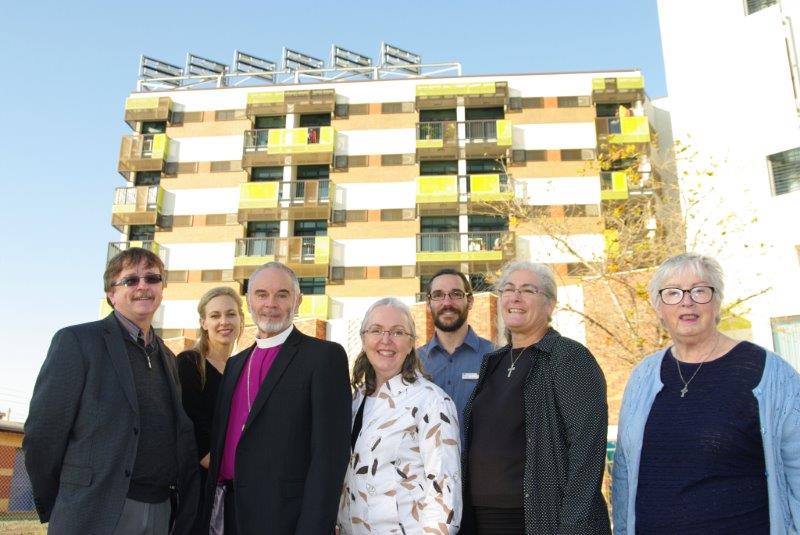The Uniting Church in Australia welcomes Pope Francis’ encyclical letter on the environment, Laudato Si (Canticle of the Sun) and will be praying for Australian leadership on climate change.
Rev Prof Andrew Dutney, president of the Uniting Church in Australia said, “It is timely and encouraging to have a global church leader speak so unequivocally about the human causes of destructive climate change.
“In addressing his message to all people, Pope Francis is encouraging us to recognise that we will only succeed at halting the effects of damaging climate change if we all work together,” said Andrew.
The papal encyclical urges ‘enforceable international agreements’ to reduce greenhouse gas emissions and the rapid take-up of renewable energy, and emphasises the importance of supporting renewable energy in the developing world to help alleviate global poverty.
The Uniting Church has been concerned with the wise use of energy and the need to protect the earth for future generations since its inception in 1977. In 2006 it declared climate change a “serious threat to the future and integrity of life on earth” and in 2009, in its statement An Economy of Life, called for a reimagining of our social and economic systems to prioritise human and ecological wellbeing ahead of profits for corporations and increasing wealth for the few.
Rev Elenie Poulos, national director of UnitingJustice Australia, said, “Pope Francis rightly points to the need to urgently curb the consumerism, greed and unchecked economic growth that is driving our global economy.
“It is a powerful global call to action that will be difficult for some political leaders to hear. Yet, we desperately need leadership on climate change here in Australia”, said Elenie.
“We have called on the Government to reconsider its position on climate change, better support renewable energy and take a strong emissions reduction target of at least 40% of 2000 levels by 2020 to the international negotiations in Paris later this year.”
Rev Prof Andrew Dutney said, “As one of the world’s major producers of greenhouse gas emissions on a per capita basis, Australia must acknowledge that it has a responsibility to reduce our reliance on fossil fuels. Many of our Pacific neighbours are already feeling the devastating effects on climate change – we must do all we can to help them.
“We stand with Pope Francis’s call for ‘a new dialogue about how we are shaping the future of our planet’ and to wealthy nations to take their share of the responsibility to urgently curb their emissions. As long as we remain prepared to abuse the atmosphere and entire ecosystems for the sake of short-term economic gain for a few, we undermine our own future and further condemn millions already living in poverty. There can be no security for humanity without a healthy planet.”
In 2014 the Uniting Church Assembly resolved to divest from corporations engaged in the extraction of fossil fuels, recognising that “with national governments reluctant to take difficult decisions, it falls to us as members of the body of Christ to show leadership in taking action to reduce damaging pollution.” This resolution followed similar decisions on divestment by the Synod of NSW and ACT and the Synod of Victoria and Tasmania.
UnitingWorld, the Church’s international aid agency, is working with partner churches across the Pacific to support vulnerable communities, including funding a Climate Change Support Worker in Tuvalu.
The National Council of Churches Australia and the World Council of Churches have also spoken out in support of Pope Francis’ encyclical.
